This viewpoint was agreed upon and clarified by many delegates and experts at the Seminar "Bringing new regulations on agricultural land in the 2024 Land Law into life" organized by the People's Representative Newspaper on the morning of March 6.
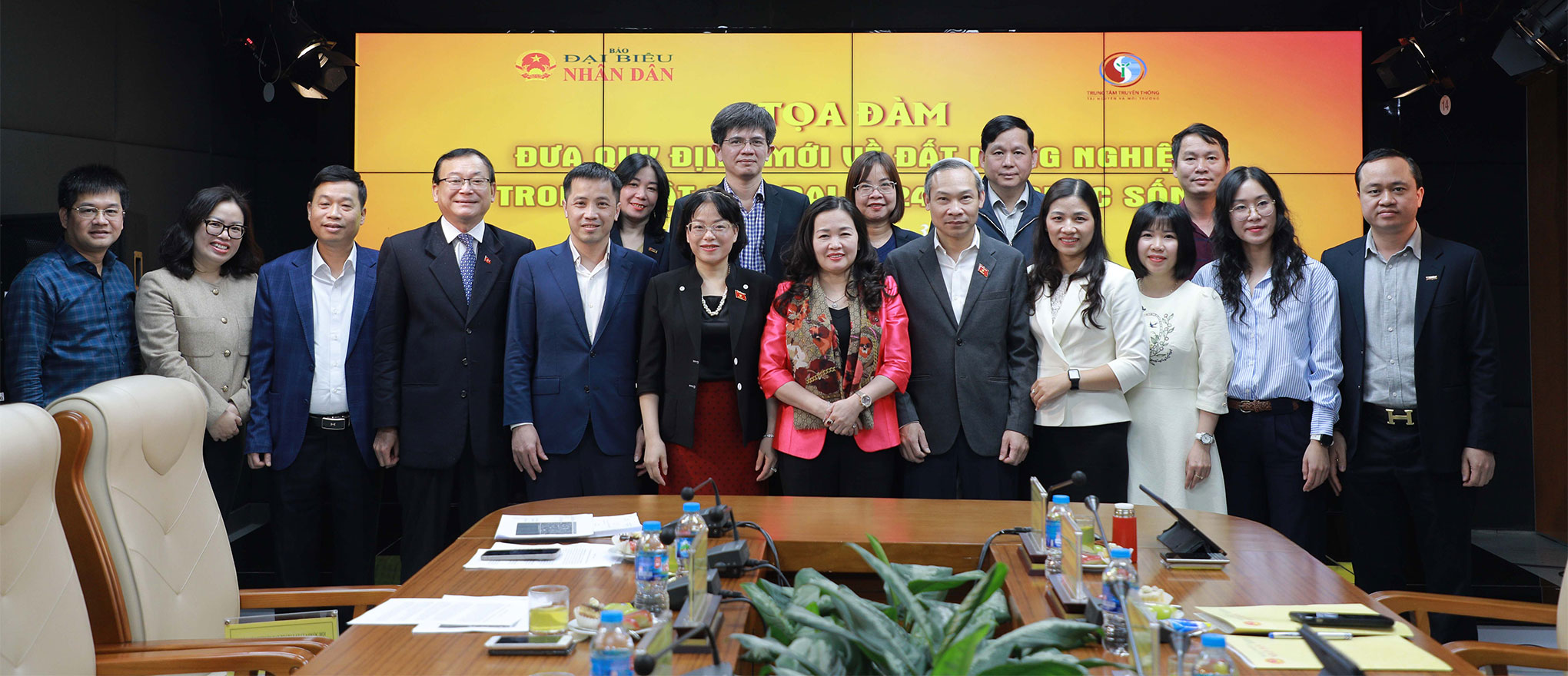
Access to agricultural land according to market principles
In her opening speech, Editor-in-Chief of the People's Representative Newspaper Pham Thi Thanh Huyen emphasized that Resolution No. 19-NQ/TW of the 13th Party Central Committee on agriculture, farmers, and rural areas to 2030, with a vision to 2045, determined that agriculture is a national advantage and a pillar of the economy . Land policies and laws serving the development of agriculture, rural areas, and farmers, therefore, need to be improved and effectively implemented.
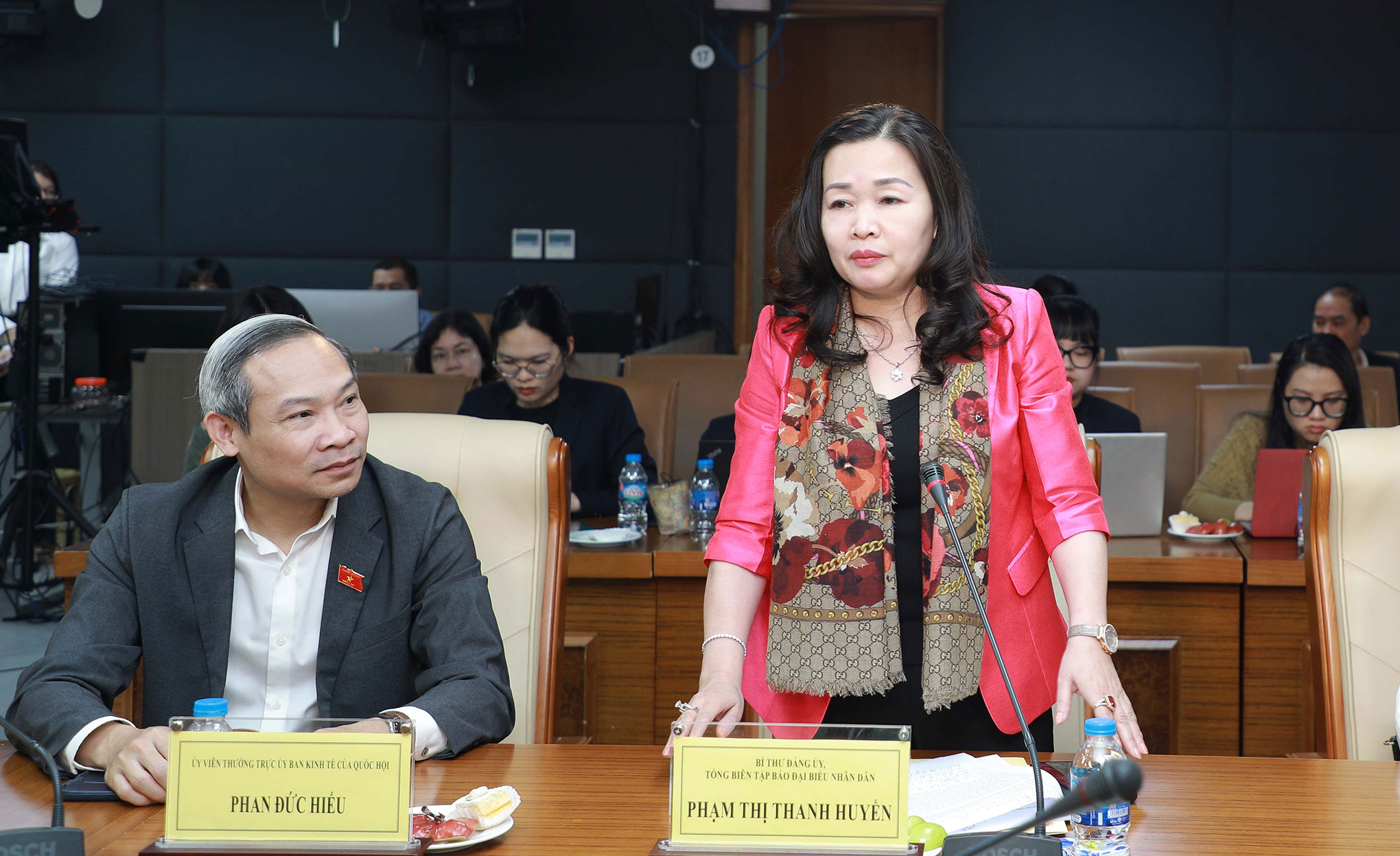
Regarding agricultural land, the 2024 Land Law has completed the management and use mechanism and policies with many new regulations to develop agriculture, rural areas, and farmers in a modern and sustainable direction. Important decisions can be mentioned such as: economic organizations and individuals who do not directly produce agriculture will be allowed to transfer rice-growing land; agricultural land users can combine with trade, services, livestock, and medicinal plant cultivation; expand the limit and subjects receiving the transfer of agricultural land use rights...
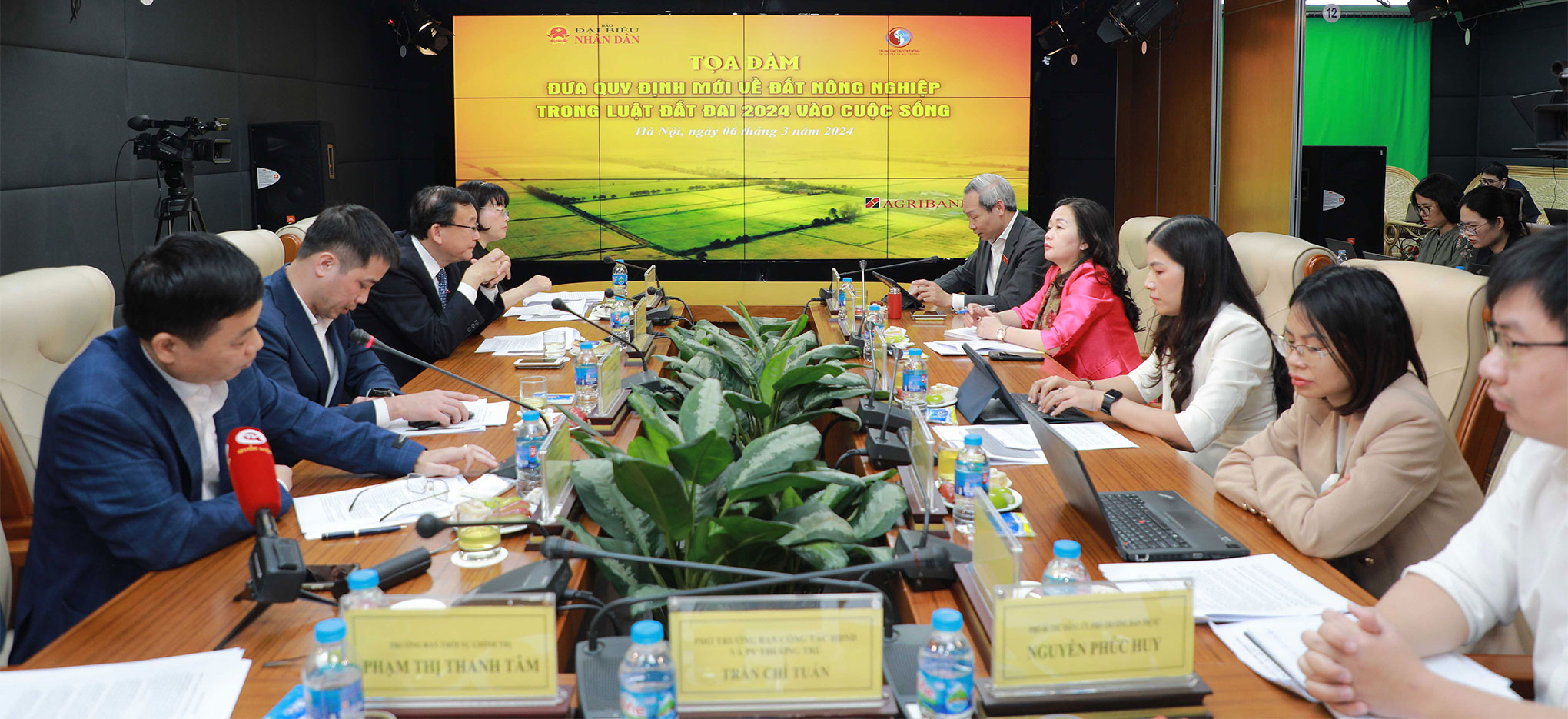
One of the outstanding and breakthrough points in agricultural land is allowing organizations and individuals who are not directly involved in agricultural production to receive the transfer of agricultural land use rights and increasing the limits and quotas for land allocation, land accumulation and land use conversion. According to Associate Professor, Dr. Nguyen Quang Tuyen, Hanoi Law University, this has solved two problems: First, it increases the ability to attract investors, raise capital, "inject capital" into the agricultural production sector, increasing the attractiveness of agricultural land. Second, farmers can also stimulate demand and increase capacity through land accumulation and concentration, overcoming the fragmentation of land.
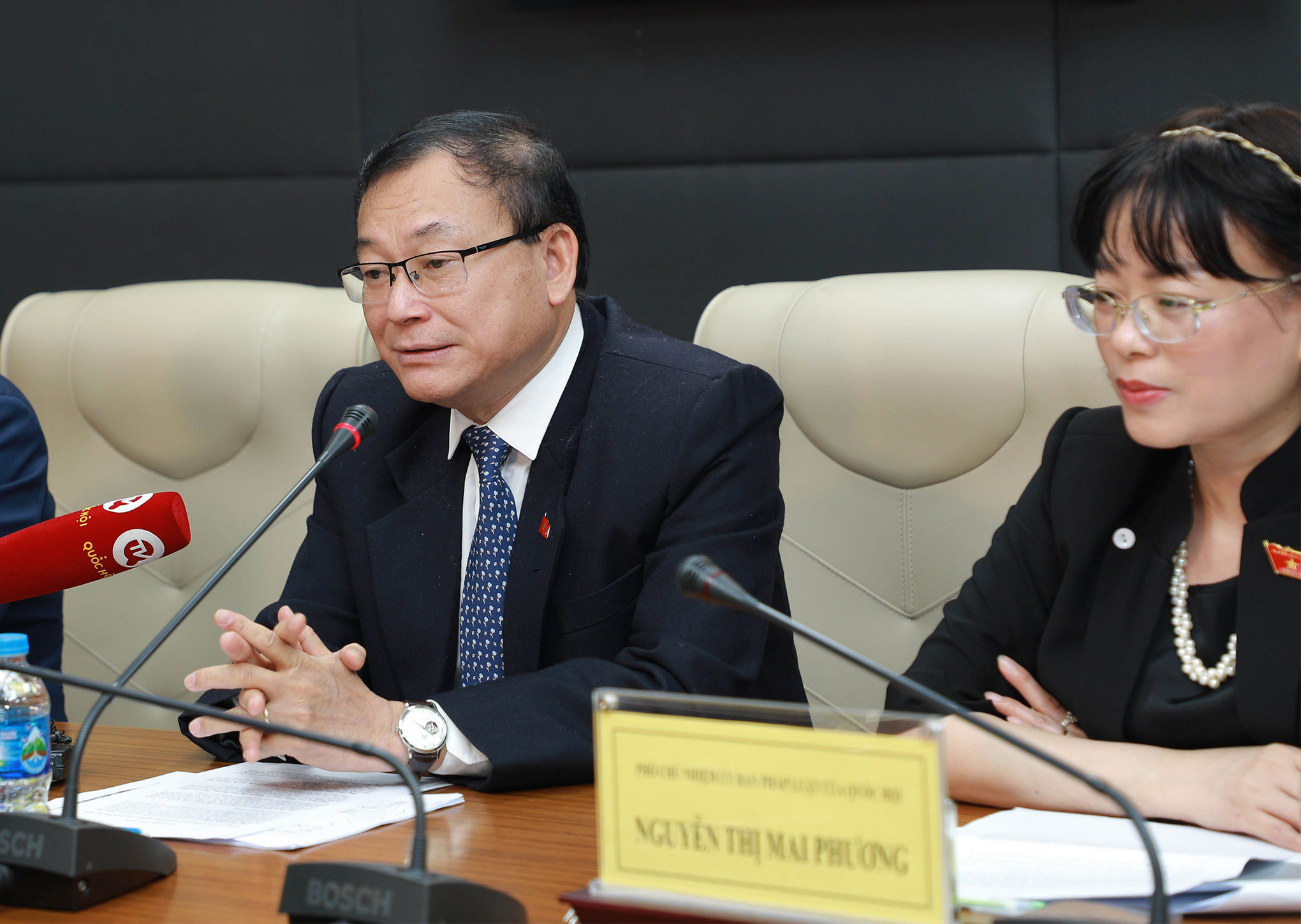
From the perspective of Mr. Dau Anh Tuan, Deputy General Secretary, Head of the Legal Department, Vietnam Federation of Commerce and Industry, the 2024 Land Law has many positive points for farmers, the agricultural sector and agricultural land. One of the most important regulations is to resolve the situation of abandoned land in many places, resolving obstacles that make the use of agricultural land not really effective.
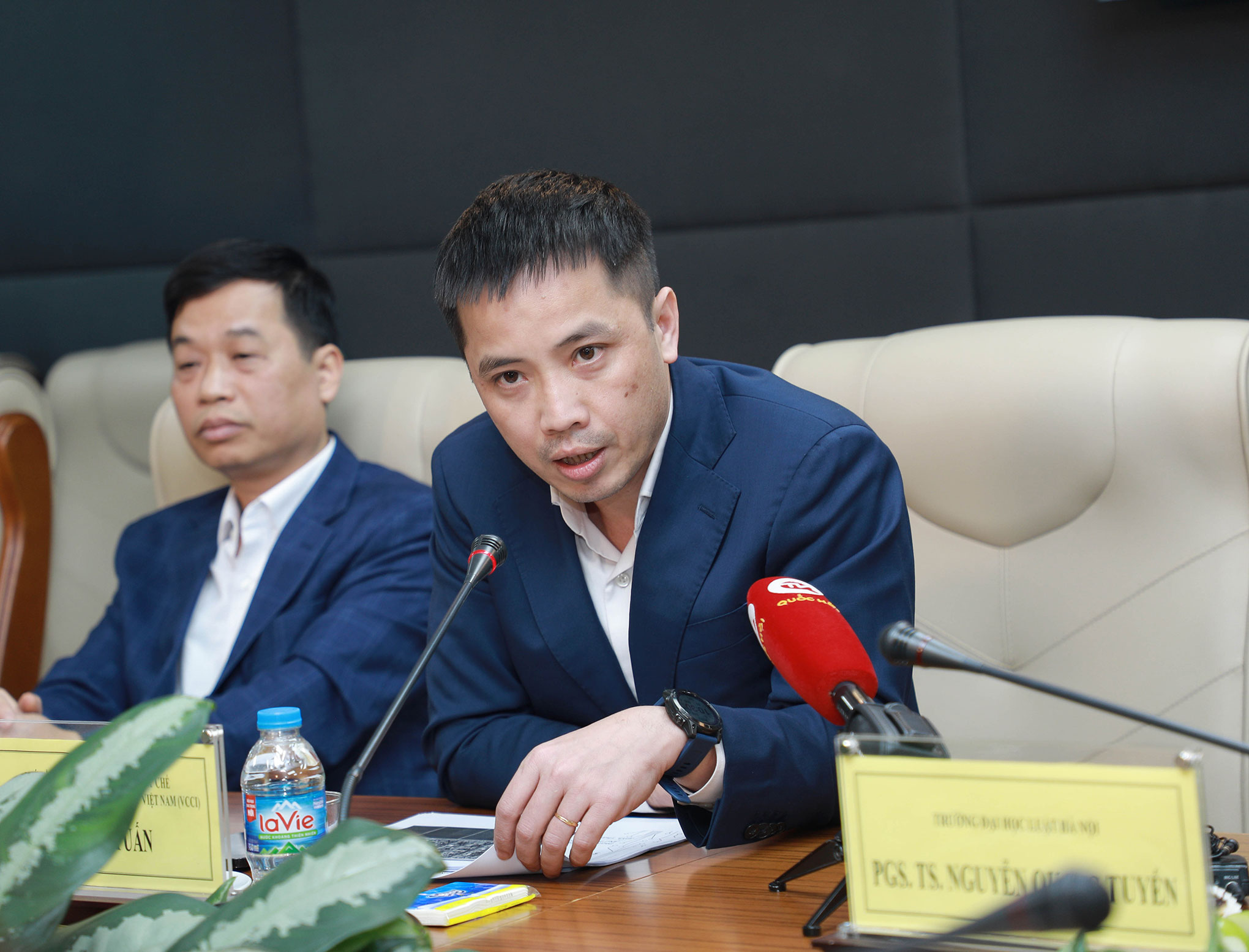
Specifically, according to Mr. Dau Anh Tuan, individuals or organizations that do not produce agriculture can now receive transfers. The limit has also been "loosened" more strongly, increasing the limit for transferring agricultural land use rights by 15 times. Increasing the time limit for land funds by 5% also directly affects commodity-oriented production, encouraging stronger application of science and technology.
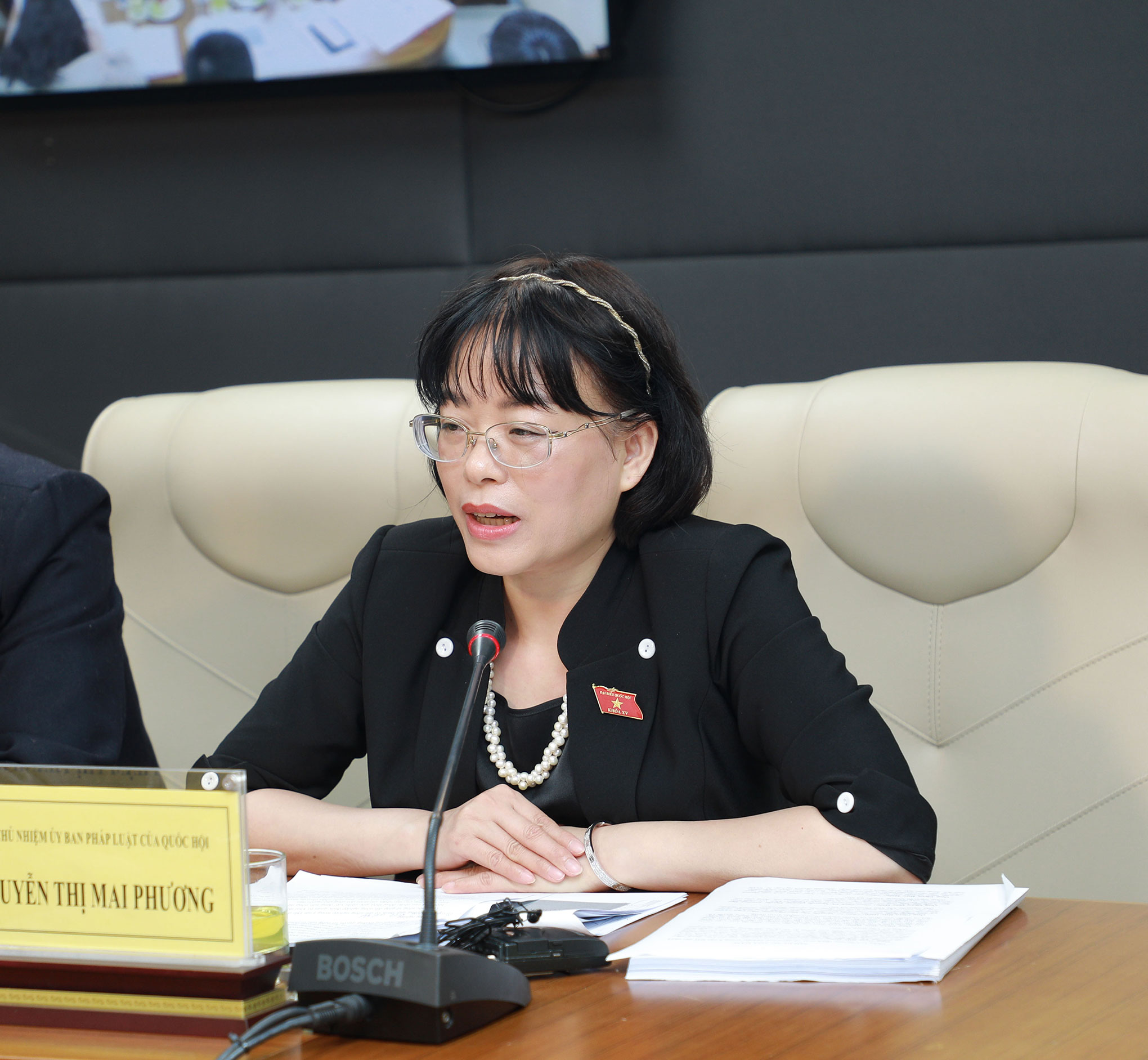
Sharing the same opinion, Vice Chairwoman of the Law Committee Nguyen Thi Mai Phuong said that expanding the limit for receiving the transfer of agricultural land use rights will avoid the situation of fragmented land use. The new regulation will encourage organizations and individuals with potential to invest in agricultural land, making agricultural land operate more effectively. Standing member of the Economic Committee Phan Duc Hieu also said that the changes to the Land Law increase opportunities for accessing investment according to market principles, most importantly, returning the true value of agricultural land, helping to use agricultural land for the right purpose.
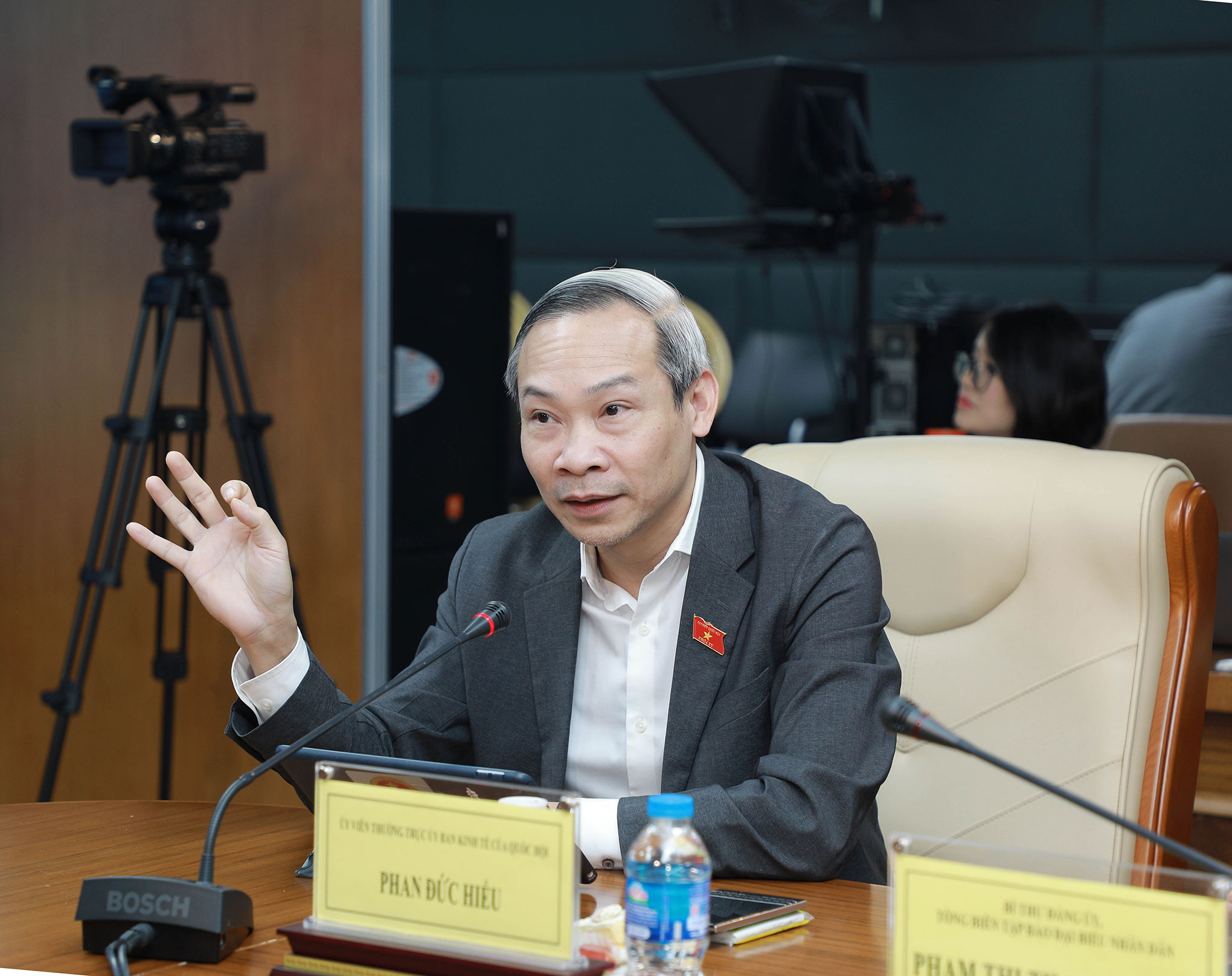
Many experts believe that these regulations will facilitate the introduction of technology and increase labor productivity, reduce agricultural product prices, and move towards a green, clean agricultural production that can compete and conquer the markets of developed countries.
Urgent implementation of specific and unified sub-law documents
With 260 articles, effective from January 1, 2025, the Land Law is a very large law, the provisions of the Land Law are too large, many major policies in the law are only stipulated in principles and guidelines and must be specified and guided in sub-law documents. Deputy Head of the Law Committee Nguyen Thi Mai Phuong said that according to preliminary statistics, more than 65% of the content of sub-law documents is assigned to the Government and ministries for detailed regulations. The Government has assigned the drafting of 16 documents detailing the Land Law.
“Currently, the Government and ministries such as the Ministry of Natural Resources and Environment and the Ministry of Agriculture and Rural Development are actively implementing the law day and night, because if the regulations are issued without specific procedures and provisions, the law cannot be implemented. Timely promulgation is important, but it is also important to be consistent and consistent with the policies and guidelines stipulated in the law,” emphasized Deputy Head of the Law Committee Nguyen Thi Mai Phuong.
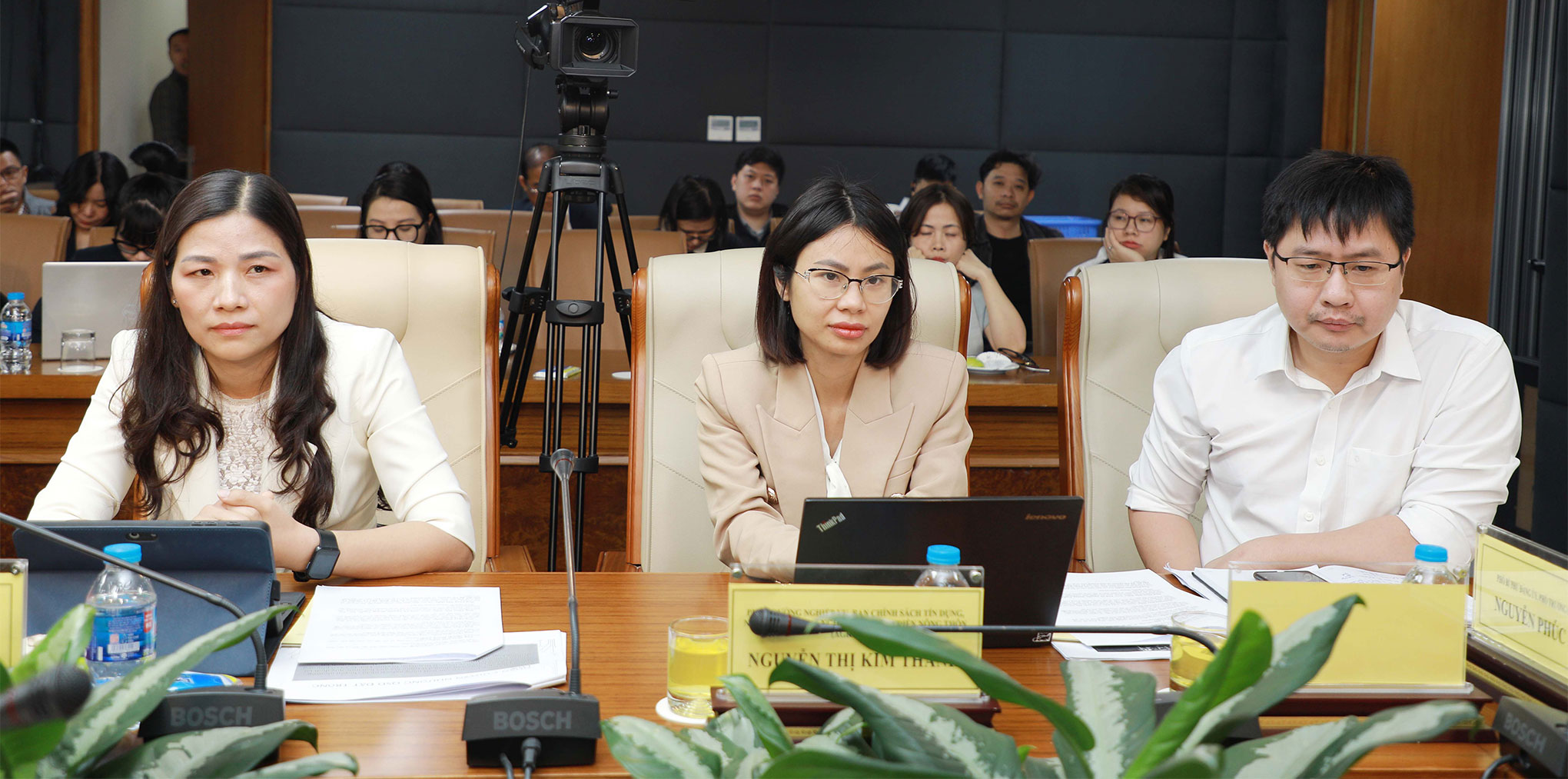
Mr. Le Van Binh, Deputy Director of the Department of Land, Ministry of Natural Resources and Environment, said that according to the Plan signed by Deputy Prime Minister Tran Hong Ha, there will be 9 decrees and 6 circulars to implement the Land Law. Regarding agricultural land, it is mainly in the Decree detailing a number of articles of the Land Law. Some of the issues that are facing difficulties and obstacles are determining individuals directly engaged in agricultural production; determining the planning of rice-growing land so that localities must allocate it according to national targets; providing guidance on cases of using multi-purpose agricultural land; providing guidance on cases where enterprises negotiate with people to receive the right to convert rice-growing land; and regulating administrative procedures to record these civil agreements...
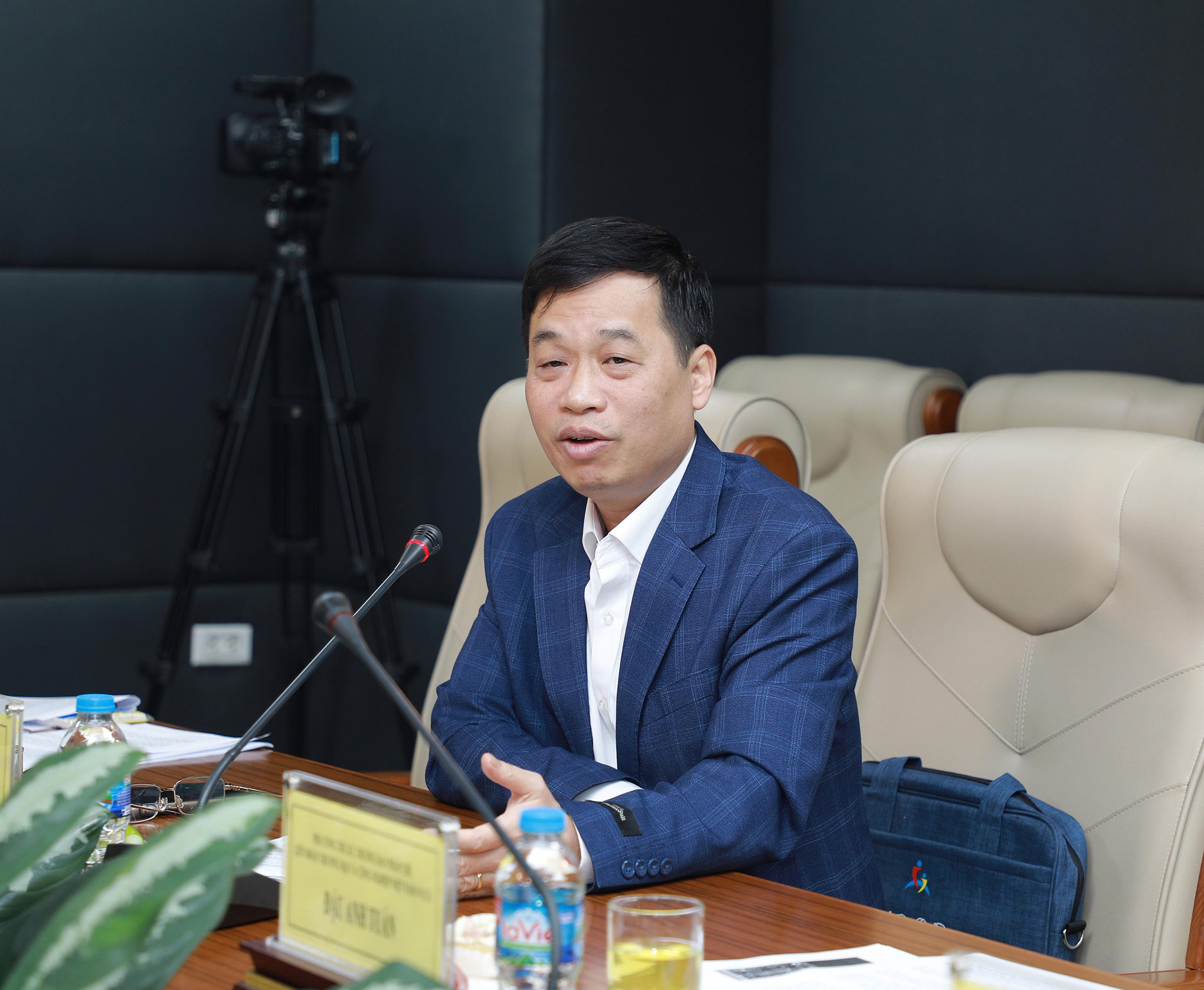
The Ministry of Agriculture and Rural Development is assigned to develop a decree detailing regulations on rice-growing land. Ms. Nguyen Thi Mai Hien, Deputy Director of the Legal Department, Ministry of Agriculture and Rural Development, said that the ministry is actively implementing it, but also facing some difficulties. Regarding the construction of works directly serving agricultural production on rice-growing land, the most difficult issue is to stipulate the conditions, ratios, areas, and authority to permit construction on rice-growing land. Another issue raised by Ms. Hien is that the law stipulates that the People's Committee regulates construction works directly serving agricultural production land. Each province has different conditions and characteristics, so the provinces need to have careful preparation and appropriate guidance to implement this regulation. The Ministry of Natural Resources and Environment, the Ministry of Agriculture and Rural Development, and the Ministry of Construction need to accompany the provinces when guiding this content.
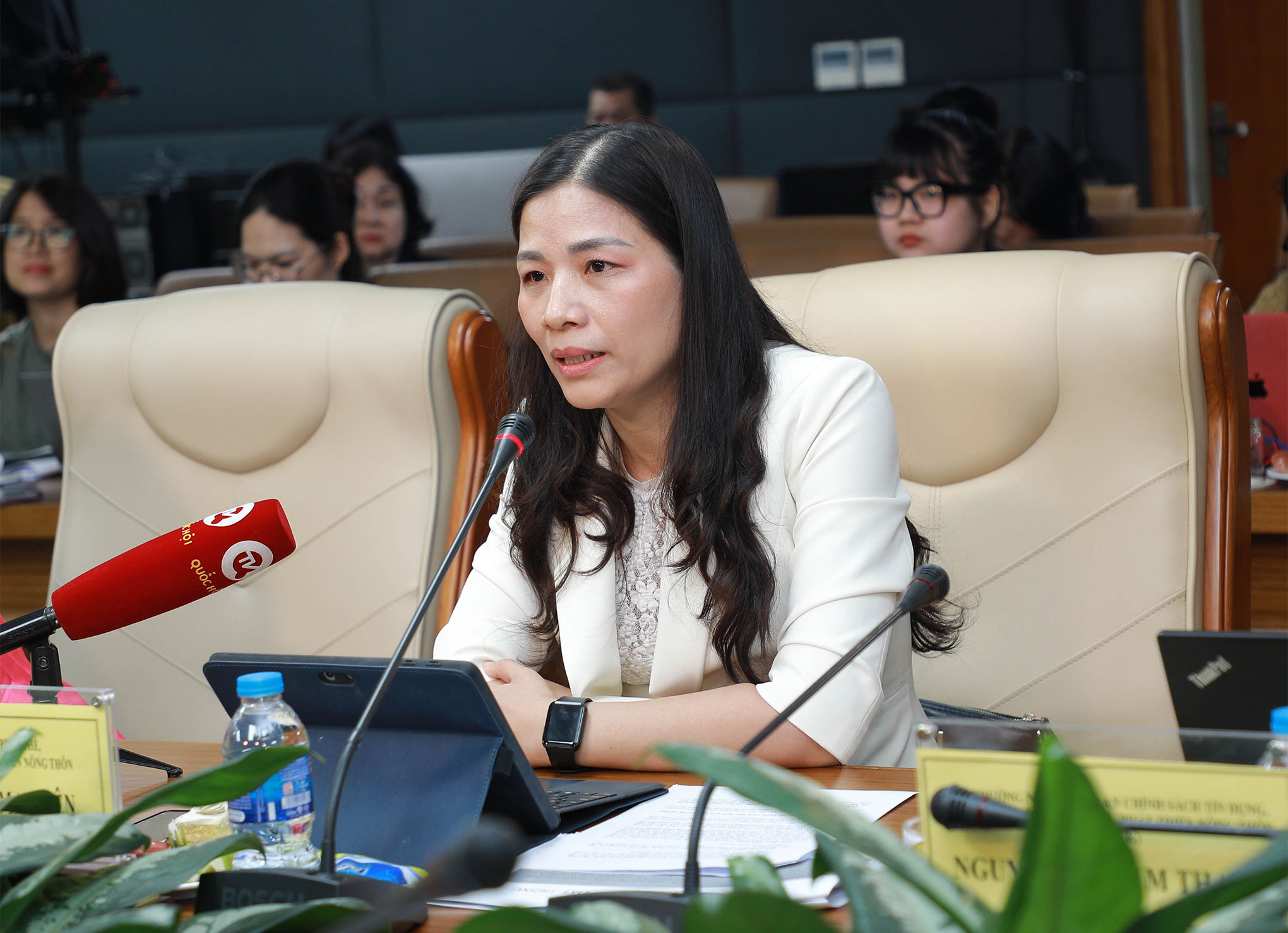
Sharing with the Government and ministries about the amount of work to be done, Associate Professor Dr. Nguyen Quang Tuyen, Hanoi Law University, commented that this is a huge challenge when land related to 118 laws and directly related to more than 20 laws, requiring the synchronization of the Land Law compared to other legal documents. Therefore, sub-law documents must have specific, detailed, unified, synchronous, and practical regulations so that the enforcement agencies can apply them. If there are conflicts or differences in procedures, it will cause delays in practice, creating unnecessary costs during implementation.
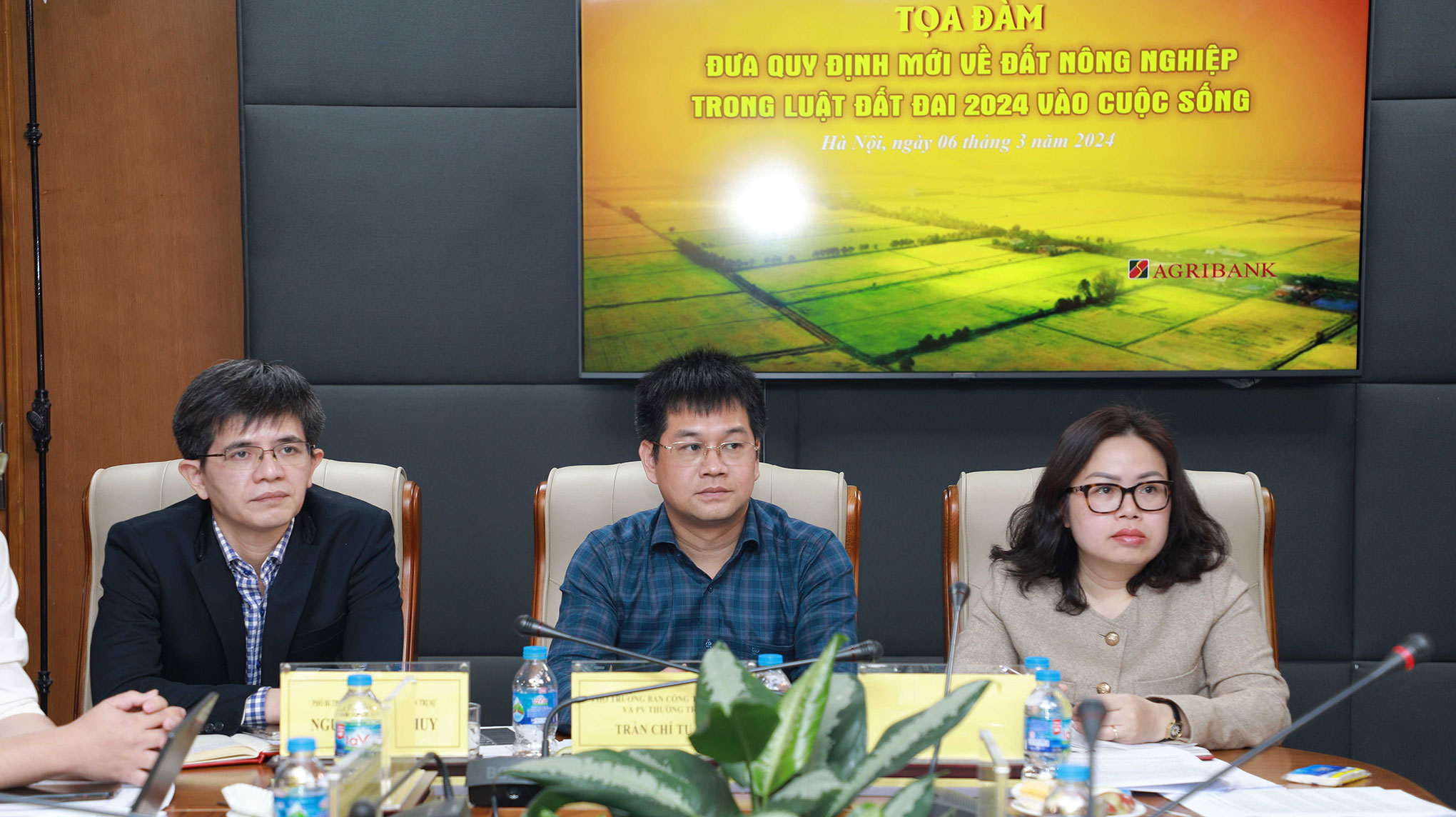
Mr. Dau Anh Tuan, Deputy General Secretary, Head of the Legal Department, Vietnam Federation of Commerce and Industry, said that there needs to be harmony in policy design among ministries and branches, "must speak a common language", ensuring harmony and consistency. In the process of dispersing regulations related to agricultural land, coordination with the Ministry of Agriculture and Rural Development, with the participation of many related individuals and organizations, ensures the quality of decrees and circulars.
Standing member of the Economic Committee Phan Duc Hieu suggested that guiding documents must pay special attention to the spirit of the Land Law and minimize procedures, not allowing procedures to become barriers.
Source








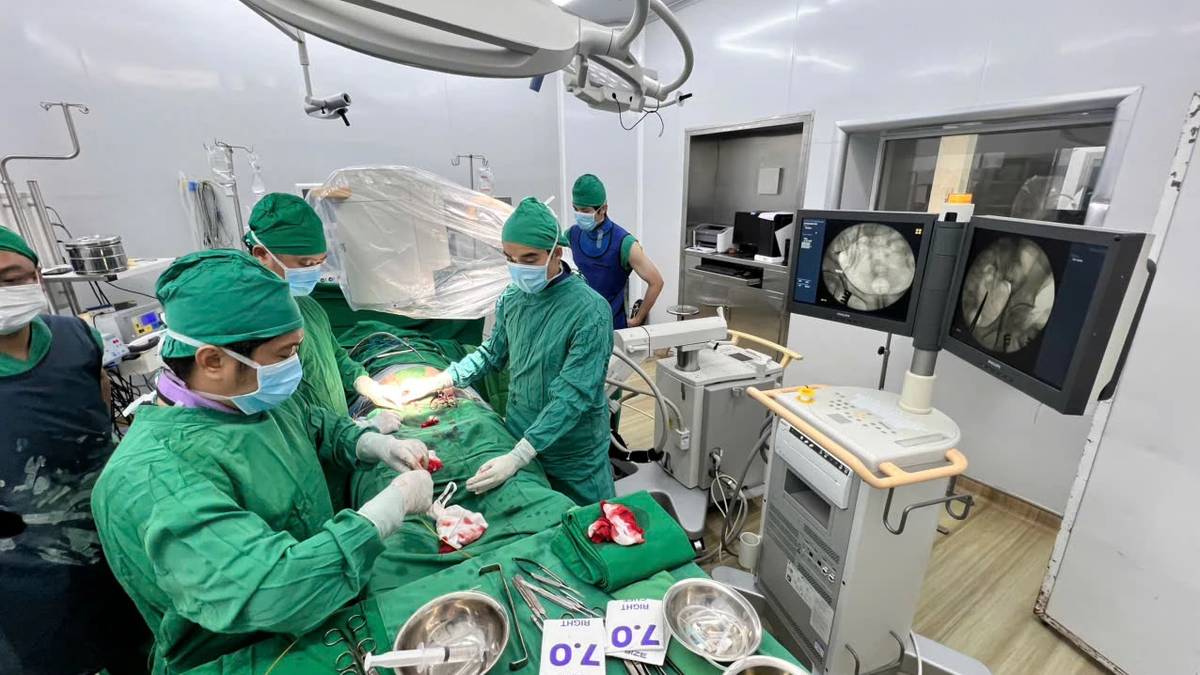
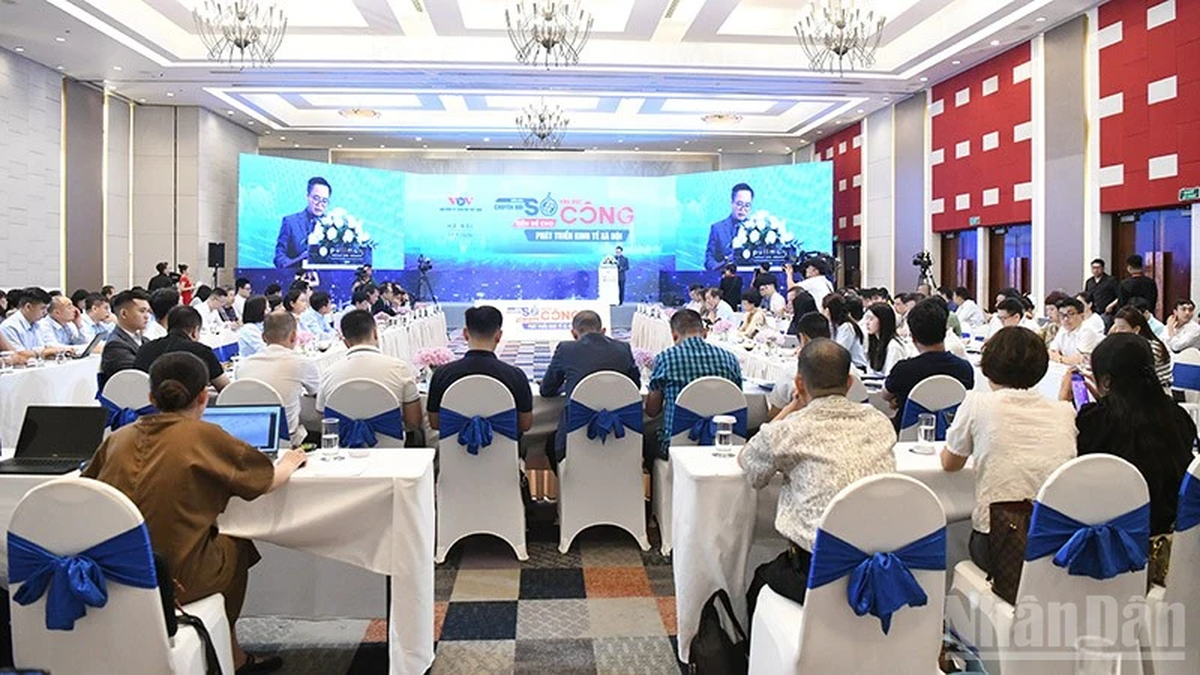



























































































Comment (0)